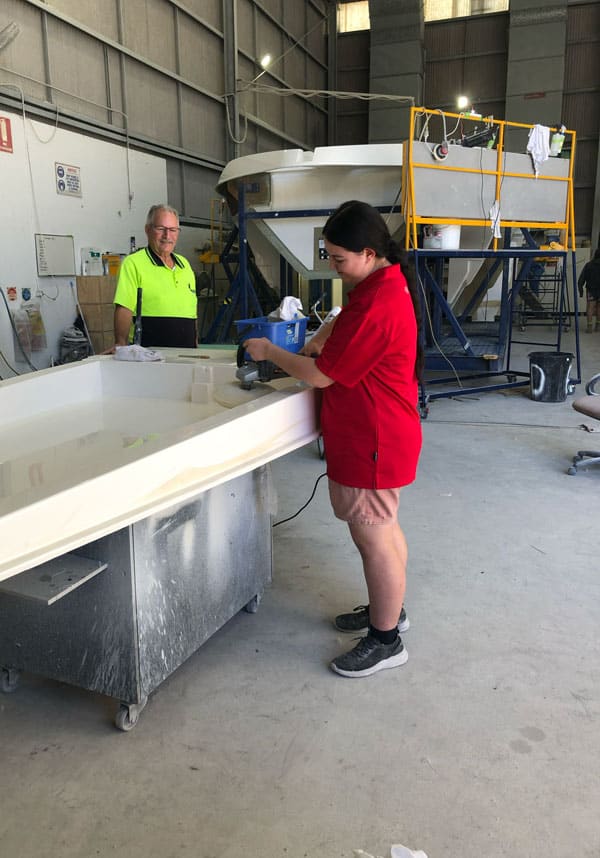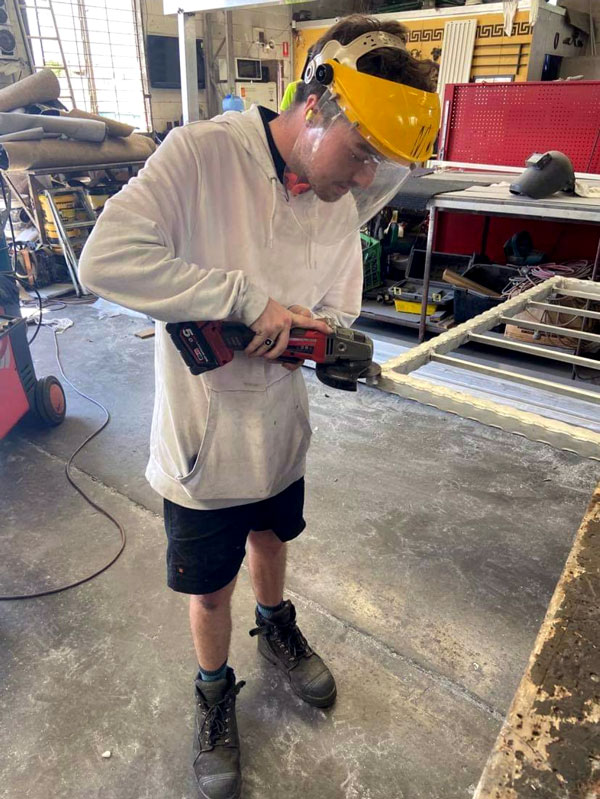Written by Pat O’Leary, Developer Relations Engineer with Havok and adult living with Tourette Syndrome
1) Tics are not representative of someone’s inner thoughts or desires. The notion that the tics of Tic Disorders like Tourette are related to hidden or suppressed urges has been thoroughly debunked years ago. Tics may seem contextual, but the urge to move or make noise comes at random without any underlying need.
2) Tics are not constant. Some days your employee may appear less symptomatic than other days. That doesn’t mean they aren’t struggling with less visible tics or other invisible symptoms of Tourette.
3) Encourage ‘flow’ states. Many people with Tourette find that mentally engaging activities can help control tics. Keeping their to-do list loaded with appropriately challenging tasks to their skill level can encourage the sort of calm focus that ease the symptoms of Tourette.
4) Minimize distractions. Many kinds of sensory stimuli can interrupt ‘flow’. Unexpected noises, movements, smells, or even simply tapping someone on the shoulder to talk when they are otherwise engaged can really challenge someone’s ability to manage their symptoms. To that extent, some prefer email or instant messaging as a primary form of communication. These allow them the time to finish up and disengage from what they’re currently engaged in at an appropriate pace.
5) Allow breaks for self-care. Stretching, breathing exercises, meditation, or mentally engaging hobbies are all things people find useful for the symptoms of Tourette. When appropriate, allow for these activities during breaks.
6) Provide reasonable accommodations. Tourette Syndrome is considered a disability under the ADA, and the same accommodation requirements that apply to other disabilities apply to Tourette.
7) Do your best to not react to tics, be ‘tic neutral’ in your interactions. For instance, if they begin to tic in the middle of a conversation, allow them the time they need to finish a tic and continue as if they had to sneeze. Don’t try to finish their sentences as that can be more frustrating than helpful.
8) It’s more than tics. Most people with Tourette are also struggling with invisible aspects of the disability. Anxiety, Depression, OCD, and ADHD are among the many conditions that commonly co-occur with Tourette.
9) Educate the team before misunderstandings occur. It’s very easy for tics to be mistaken for other behaviour. Take the time to educate the team about your employee, letting them take the lead if they’re comfortable. Make sure to extend this information to every new employee you hire on as well.
10) Listen to what they need. If they need a quiet place to tic, or better team education, give them the benefit of the doubt and they’ll repay you for your trust with their productivity.
Source: https://tourette.org/10-things-employers-should-know-about-their-employees-with-tourette/
Additional Resources:
25 year old, George Sutton, who has Tourette Syndrome, wanted to make a video about navigating TS in the workplace; based on his positive experience of having a supportive manager and team at work. “I wanted to show that with the right support, there is no limit to what you can achieve.”
Ann Khoo, a patient with Tourette’s Syndrome advocated on fair treatment of people with disability in the workplace.
Diagnosed with Tourette’s Syndrome at the age of nine, Ann Khoo studied Bachelor of Commerce at the University of Melbourne, Australia majoring in international business strategy. She completed her Master’s degree in International Business at Monash University, Australia with honours.
Despite performing well in her job, Ann faced discrimination at her previous workplace and was dismissed from her job on the grounds of her condition then. She then pursued freelance writing when she took a career break while recovering from a detached eye retinal surgery.
Post-recovery, she worked at an e-commerce website for two years before she was headhunted by regional SEA e-commerce retailer, where she works at now, as a senior campaign manager.






























